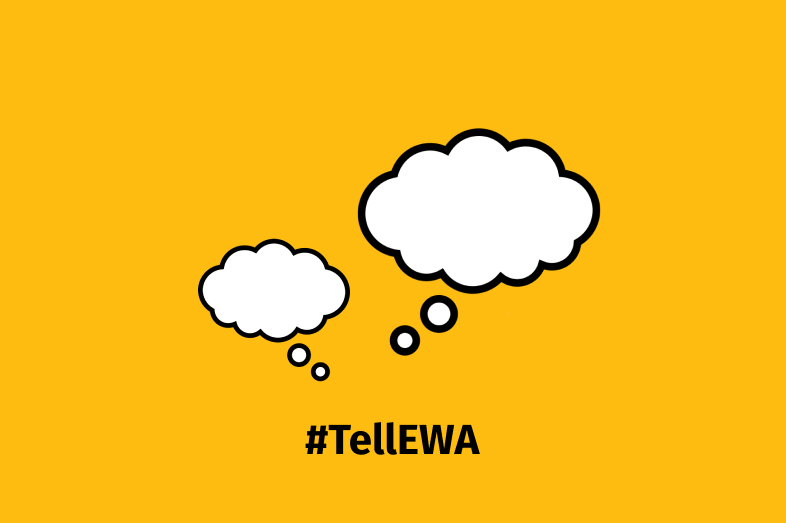
#tellEWA Member Stories (November 4-10)
Here’s what we’re reading by EWA members this week.

Here’s what we’re reading by EWA members this week.
“I know good Democrats and I know bad Republicans. I know bad Democrats and good Republicans.” U.S. counties with high percentages of bachelor’s degree holders have almost uniformly voted for Democrats since 2000. An Open Campus analysis by Nick Fouriezos shows how this connection between education and politics has changed in North Carolina’s High Country over the last 20 years, and he highlights the complexities of individual voters.
In 2000, N.C.’s Watauga County backed Bush, like its neighbors. In 2020, it backed Biden, while nearby counties moved farther right.
The big dividing line? A college degree. @nick4iezos takes you to N.C.’s High Country for @opencampusmedia + @USATODAY https://t.co/djkaJZ1nxp
— Colleen Murphy (@_colleenmurphy_) November 4, 2022
Texas education officials are investigating after recently released documents showed that Fort Worth school staffers contributed to the death of a student in March 2021. The student, who had autism and schizophrenia, died after his teacher and a teacher’s assistant held him face down. This restraint method is illegal in most cases in Texas, reports Silas Allen for the Fort Worth Star-Telegram.
Last year, a FWISD spokesman said staff followed their training when they restrained Xavier Hernandez, an autistic student who died later that day. But a police report shows they used a restraint maneuver that’s illegal in most cases. #tellewa https://t.co/A0trebd7Dc
— Silas Allen (@SilasAllen1) November 10, 2022
There has been an ongoing debate about higher education since the mid-1900s: Should professors have “unbridled” academic freedom, or should parents and lawmakers have a say in what their children learn? Through recent bills in Florida, lawmakers have agreed with the latter. Writing for The Chronicle of Higher Education, Emma Pettit explains what readers can learn about politics from a 1960s housewife who wrote “parents should have unlimited freedom, even if it means seeing the professors — flattened on the floor!”
Read my second @EdWriters fellowship story to learn why these words written 60 years ago by a Florida housewife still resonate:
“We know that as the student goes, so goes the nation. Hence, our grave concern over the teachings they receive.”#tellEWAhttps://t.co/Al3Gt43eNf
— Emma Pettit (@EmmaJanePettit) November 4, 2022
Native American children were pulled from their homes, forced to attend an Idaho boarding school and church services, and punished for speaking their own language in the early 1900s. Today, the school no longer operates, but the scars it left on a generation of the Shoshone-Bannock people remains. Yet not many know this history, so that’s why a high school student is raising awareness, Carly Flandro explains for Idaho Education News.
https://t.co/rK7raQtIJF #TellEWA
— Idaho Education News (@idahoednews) November 7, 2022
Guaranteed-income programs, which provide consistent financial support to participants over a period of time, have increased due to the benefits they provide, especially to student-parents. The Hechinger Report’s Jackie Mader explains how the programs are helping low-income families financially and improving parents and their children’s well-being. “A really small amount of cash can help unlock an entire universe of economic potential for families.”
— Caroline Preston (@cpreston) November 2, 2022
Indiana students of color living in a majority white area shared their experiences at school and their thoughts on diversity, equity and inclusion with The Journal Gazette’s Ashley Sloboda. The students, who wrote essays or were interviewed, had different experiences, from a Black student feeling comfortable enough to wear her natural hair to another who said she was rejected by a white boy because of her race.
ICYMI: My series on diversity in Allen County’s K-12 schools continued Sunday. Many students representing racial minorities shared their experiences: https://t.co/t8Vd7buMoo@JGfortwayne #tellEWA
— Ashley Sloboda_JG (@AshleySloboda) November 7, 2022
Your post will be on the website shortly.
We will get back to you shortly